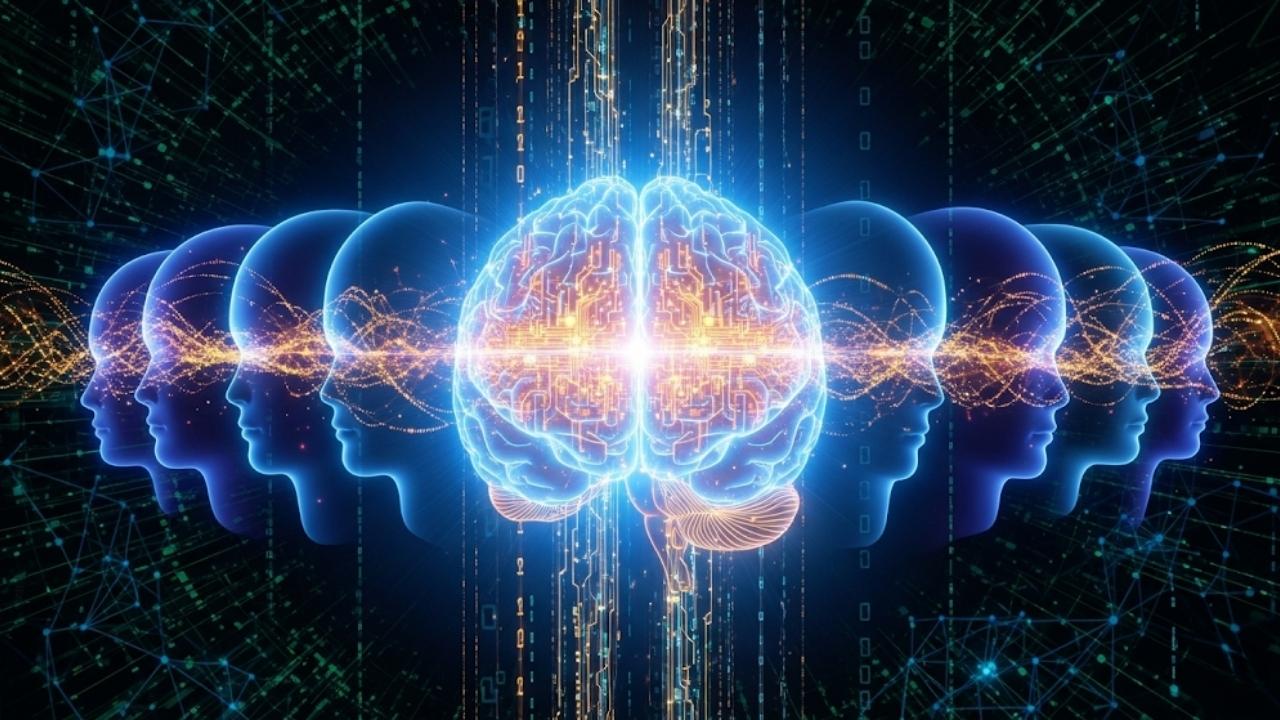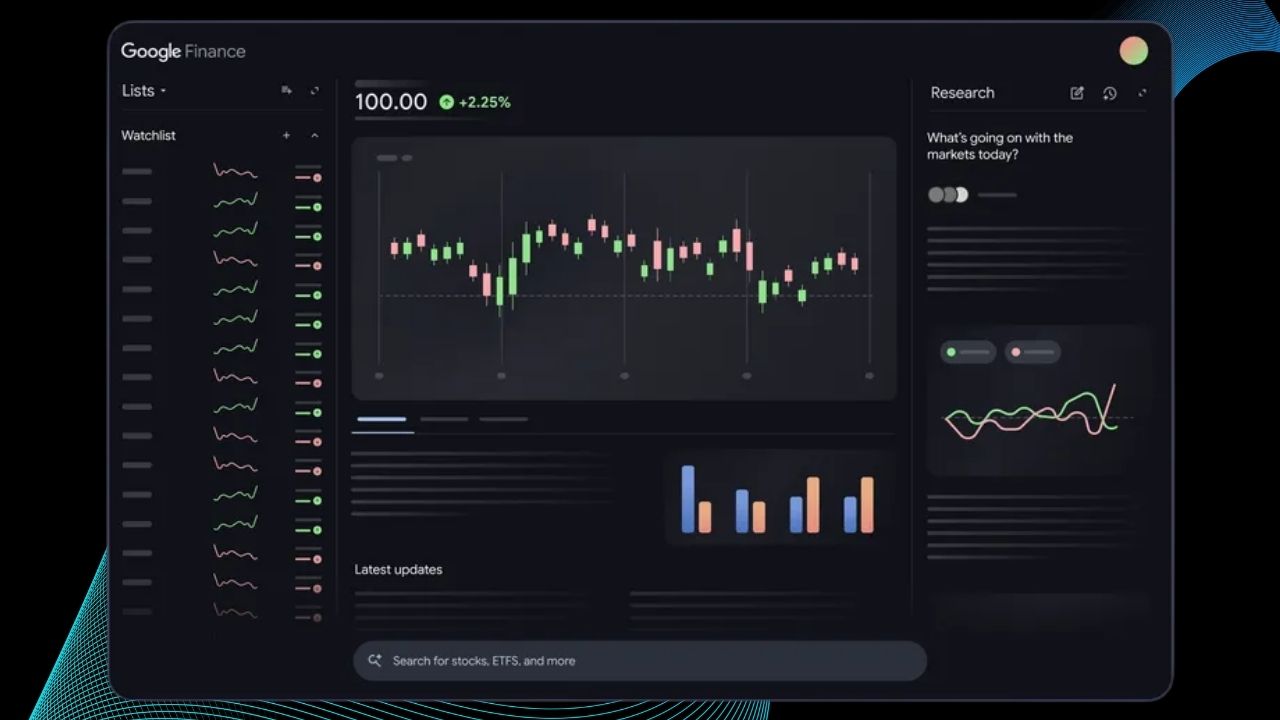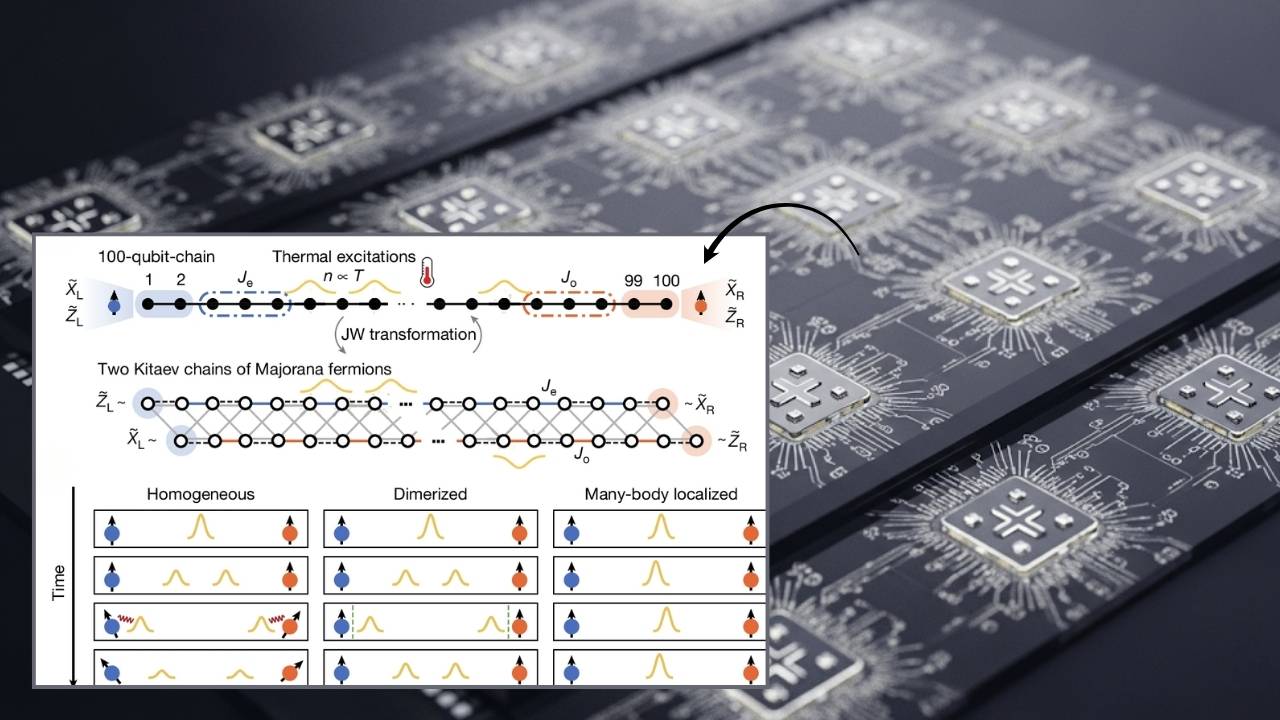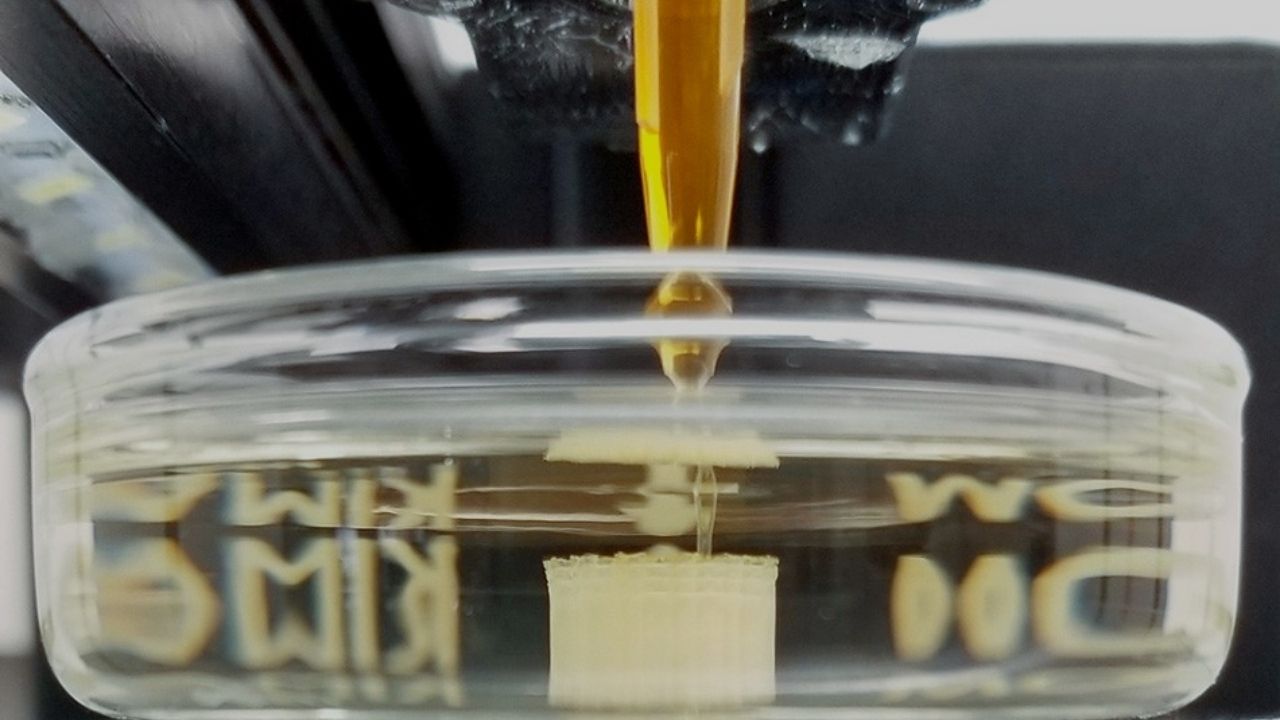Quantum Computers Are Random by Design: Quantum computers are random by design, and this randomness could be their greatest strength. Unlike traditional computers, which follow strict rules and produce predictable results, quantum computers operate in a world where uncertainty and unpredictability are not just common—they’re fundamental. This article explores why quantum randomness is so important, how it works, and what it means for the future of technology, security, and scientific discovery.

Quantum Computers Are Random by Design
| Topic | Details & Data |
|---|---|
| What is quantum randomness? | Inherent unpredictability in quantum systems; outcomes cannot be predicted, even in principle |
| How do quantum computers use it? | Measurement of qubits yields random results; randomness is essential for quantum algorithms |
| Real-world applications | Cryptography, secure communication, scientific simulations, gaming, and more |
| Quantum Random Number Generators | Devices that use quantum effects (like photon arrival times) for true randomness |
| Security impact | Enables unbreakable encryption keys and secure data transmission |
| Career/professional info | Quantum engineers, cryptographers, and cybersecurity experts are in high demand |
Quantum computers are random by design, and this randomness is their superpower. By tapping into the unpredictable world of quantum mechanics, they can solve problems, secure data, and generate numbers in ways that classical computers never could. As quantum technology advances, its impact will be felt across cybersecurity, science, and beyond. The future is truly random—and that’s a good thing.
What Is Quantum Randomness?
Imagine flipping a coin. Sometimes it lands heads, sometimes tails. But if you knew everything about how you flipped it—the force, the angle, the air—you could, in theory, predict the outcome every time. This is classical randomness: it looks random, but it’s really just complicated.
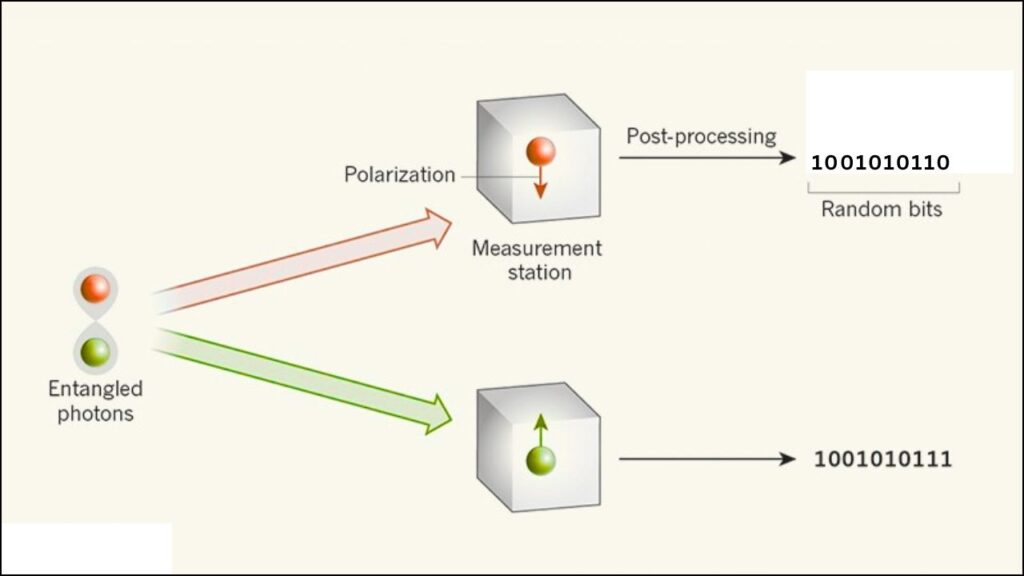
Now, picture a world where, no matter how much you know, you can’t predict the outcome. That’s the world of quantum randomness. At the quantum level, things like the spin of an electron or the path of a single photon are truly unpredictable. Even if you repeat the same experiment a million times, you’ll get different results, and there’s no way to know what will happen next.
This unpredictability isn’t a flaw—it’s a fundamental part of how the universe works. Quantum mechanics is the only scientific theory that is intrinsically random. Given the same starting conditions, a quantum system will never produce the same output twice.
How Quantum Computers Use Randomness
Quantum computers rely on special units called qubits. Unlike classical bits, which can be 0 or 1, qubits can be both at the same time, thanks to a property called superposition. When you measure a qubit, it “collapses” to either 0 or 1, but which one you get is random—governed by the rules of quantum mechanics.
Here’s a simple example:
- Prepare a qubit in a superposition state:
(|0⟩ + |1⟩) / √2 - Measure the qubit. You’ll get 0 half the time and 1 the other half—completely at random.
Quantum computers use this randomness in their calculations. When solving certain problems, they prepare qubits in superpositions, entangle them, and then measure the results. The randomness of the measurements is not just noise; it’s a resource that quantum algorithms use to find solutions that classical computers can’t.
Why Is Quantum Randomness So Special?
True Randomness vs. Pseudo-Randomness
Most computers today use pseudo-random number generators (PRNGs). These are algorithms that produce numbers that look random but are actually predictable if you know the starting point (the “seed”). This is fine for games or simulations, but not for security.
Quantum random number generators (QRNGs), on the other hand, use the unpredictability of quantum events to produce numbers that are truly random. For example, a QRNG might use a laser to send photons through a beam splitter. Each photon has a 50/50 chance of going one way or the other, and detectors record the outcome as a 0 or 1. No one—not even the person who built the device—can predict the sequence.
Security and Cryptography
This true randomness is a game-changer for cryptography. Encryption relies on random keys. If those keys aren’t truly random, hackers might be able to guess them. Quantum randomness ensures that encryption keys are impossible to predict, making data much more secure.
Quantum randomness is also the foundation of quantum key distribution (QKD), a technology that allows two parties to share a secret key with absolute security. If anyone tries to eavesdrop, the laws of quantum physics guarantee that the intrusion will be detected.
Scientific Simulations and Modeling
Quantum randomness isn’t just about security. It’s also crucial for scientific simulations and modeling. Many natural processes—like radioactive decay, molecular behavior, or even weather patterns—are inherently random. Quantum computers, by leveraging true randomness, can simulate these processes more accurately than classical computers.
For example, simulating the folding of a protein molecule or predicting the outcome of a chemical reaction often requires sampling from a vast space of possibilities. Quantum randomness allows these simulations to explore all possible outcomes in a way that is both efficient and accurate.
How Quantum Random Number Generators Work
Let’s break down how a quantum random number generator works:
- Quantum Source: A device uses a quantum process, like the arrival time of photons from a laser or the polarization of light.
- Measurement: The device measures some property of the quantum system. Because of quantum randomness, the result is unpredictable.
- Conversion: The outcome is converted into a binary number (0 or 1).
- Validation: The sequence of numbers is tested to make sure it’s truly random and unbiased.
- Application: The random numbers are used for encryption, simulations, or other tasks that need unpredictability.
Modern QRNGs can generate random numbers at speeds of millions or even billions of bits per second, making them practical for real-world use in finance, security, and scientific research.
Real-World Examples and Applications
Cryptography and Security
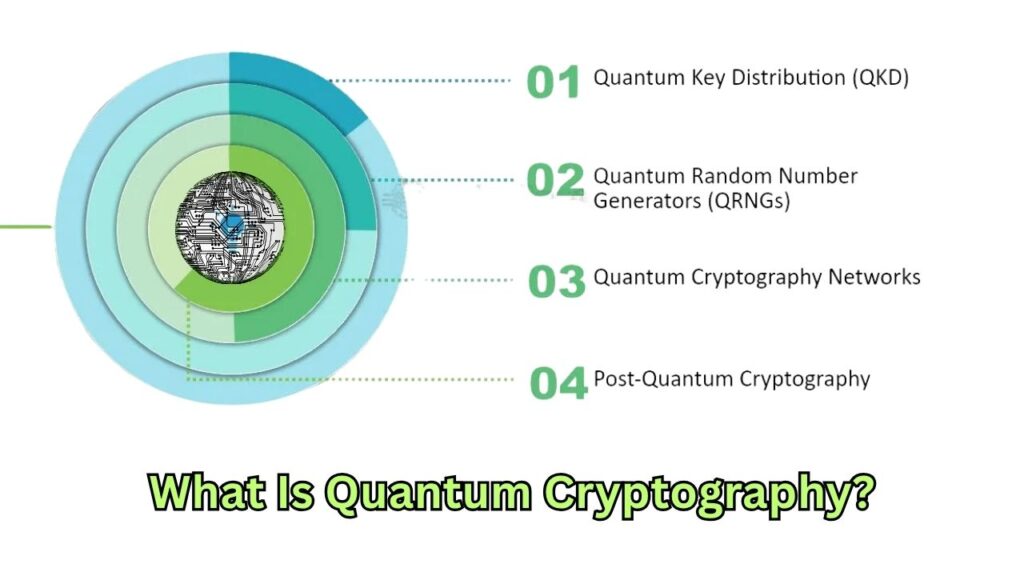
- Banking: Protects online transactions and digital wallets with unbreakable encryption keys.
- Government: Secures classified communications and data.
- Everyday Internet: Powers the security behind HTTPS websites and VPNs.
- Quantum Key Distribution: Enables the creation and sharing of encryption keys that are provably secure against any eavesdropper.
Scientific Simulations
- Physics and Chemistry: Simulates complex systems more accurately with true random inputs, such as molecular dynamics or quantum field theory.
- AI and Machine Learning: Improves training and decision-making by eliminating predictable patterns, leading to more robust models.
Gaming and Lotteries
- Online Casinos: Ensures fair play by using quantum-generated random numbers, making games tamper-proof.
- National Lotteries: Prevents fraud and manipulation by relying on true randomness for number draws.
Quantum Computing Research
- Random Circuit Sampling: Quantum computers use randomness to solve problems that are impossible for classical computers, such as simulating quantum systems or generating certified random numbers.
- Algorithm Development: Many quantum algorithms, like quantum annealing and certain optimization routines, rely on randomness to explore solution spaces efficiently.
Telecommunications
- Secure Messaging: Quantum-generated keys can be used to encrypt messages, ensuring privacy even over public networks.
- Satellite Communication: Quantum randomness is being tested in satellite-based QKD systems for global secure communication.
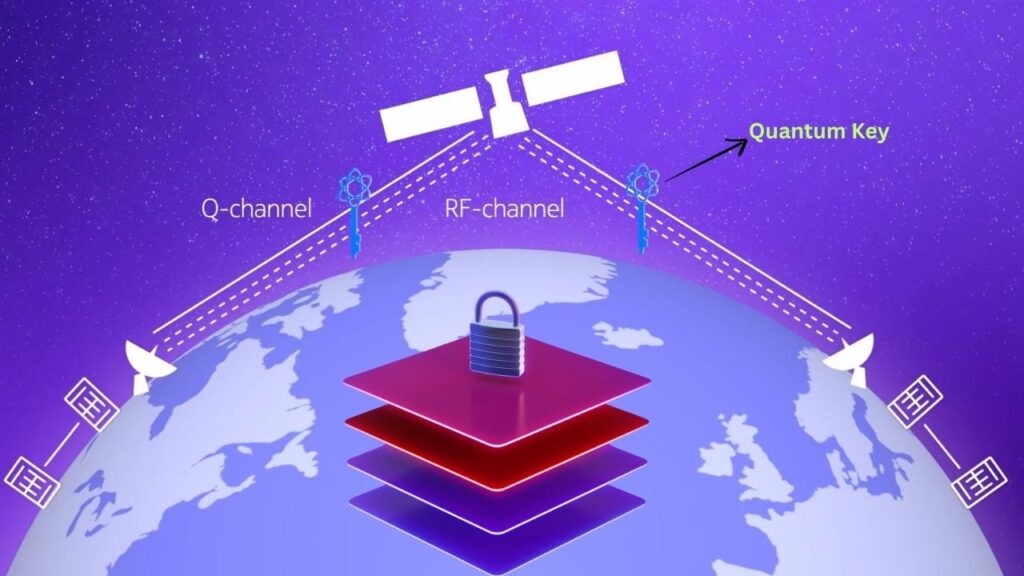
The Impact on Careers and Professional Development
The rise of quantum technologies is creating new opportunities for professionals in several fields:
- Quantum Engineers: Design and build quantum hardware, including QRNGs and quantum processors.
- Cryptographers: Develop new encryption methods that leverage quantum randomness for enhanced security.
- Cybersecurity Experts: Implement and manage security systems that use quantum-generated keys.
- Data Scientists: Use quantum randomness for more accurate simulations and modeling.
- Researchers: Explore new quantum algorithms and applications in physics, chemistry, and beyond.
Staying updated with the latest quantum advancements and acquiring relevant skills can set professionals apart in these rapidly evolving industries.
Practical Advice: How to Use Quantum Randomness
If you’re a professional in cybersecurity, finance, or research, here’s how you can harness quantum randomness:
- Adopt QRNG Hardware: Many companies now offer plug-and-play QRNG devices for servers and data centers.
- Upgrade Encryption: Use quantum-generated keys for your most sensitive data.
- Stay Informed: Follow advances in quantum cryptography and computing to stay ahead of potential threats.
- Experiment: If you’re a developer, experiment with quantum random APIs or cloud-based quantum services to integrate true randomness into your applications.
- Collaborate: Work with experts in quantum information science to explore how quantum randomness can enhance your organization’s security and innovation.
Quantum Leap: Understanding the Impact of Quantum Computing on Cybersecurity
Physicists Build a Tunable Quantum Gate That Could Redefine Future Computing
Oxford Scientists Make One-in-6.7-Million Quantum Breakthrough That Could Transform Future Computing
FAQs About Quantum Computers Are Random by Design
Q: What makes quantum randomness different from classical randomness?
A: Quantum randomness is truly unpredictable, even in principle, because it comes from the laws of physics. Classical randomness can always be traced back to some hidden variable or initial condition.
Q: Are quantum random number generators available today?
A: Yes, several companies and research labs offer QRNG devices and cloud services that generate certified random numbers at high speeds, suitable for commercial and scientific use.
Q: Why is quantum randomness important for cybersecurity?
A: It creates encryption keys that cannot be guessed or reproduced, making it nearly impossible for hackers to break into secure systems.
Q: Can quantum computers be used for everyday tasks?
A: Quantum computers are still in the early stages, but their unique abilities are already being used in research, cryptography, and simulations. As the technology matures, more practical applications will emerge.
Looking Ahead: The Future of Quantum Randomness
Quantum randomness is not just a fascinating scientific concept—it’s a powerful tool that’s reshaping technology, security, and research. As quantum computers become more advanced and accessible, their ability to harness true randomness will unlock new possibilities in fields ranging from medicine to finance.
In the coming years, we can expect:
- Wider Adoption: More industries will integrate QRNGs and quantum-secure technologies into their operations.
- Stronger Security: Quantum randomness will become a standard for securing sensitive data and communications worldwide.
- New Discoveries: Researchers will use quantum computers to explore complex systems and solve problems previously thought unsolvable.


